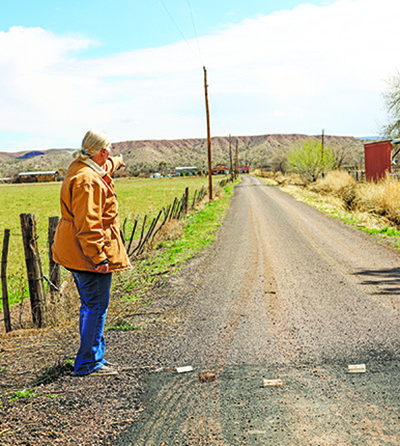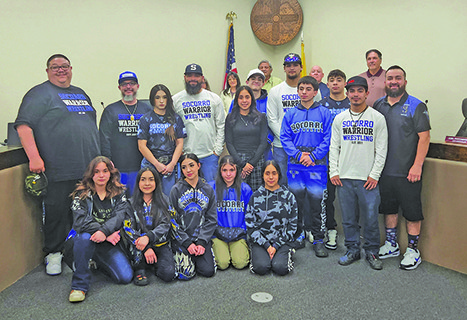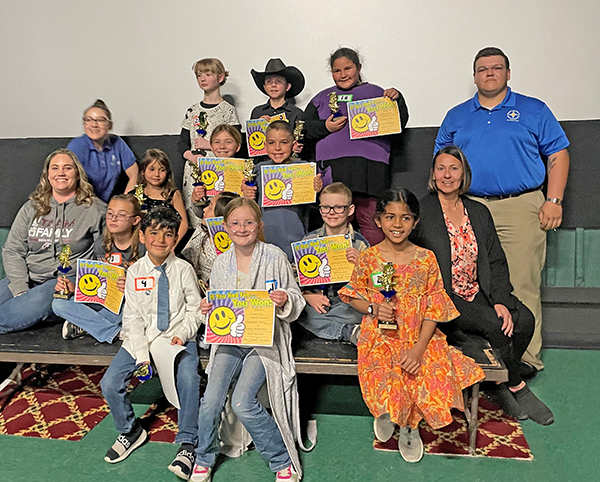
Rural America has declined for the last half century. Socorro bucked the trend for three decades largely because of NMT, placement of state offices for the region and state in the town, and other public investment. Now Socorro is in trouble.
Socorro’s Ag sector is on the ropes (Chieftain, 6/10/2021 and 6/17/2021). Farming and ranching are normally feast and famine. This is different. It’s a widening gap between water supply and rights to draw the water, driven by climate trends.
Small town death spirals start with people leaving for stable careers. The tax base shrinks. Towns and counties struggle to retain employees to provide police, fire, roads, libraries, social services and good schools. That increases the exodus and the spiral accelerates.
The recent decision of the county sheriff to not fill a position, foreshadows the future. He could fill the position or he could provide raises for the 13 deputies that remain (Chieftain, 5/20/2021), in an effort to prevent more openings. After all the federal COVID-19 aid to local governments expires in 2021, the budget cannibalism forced on the sheriff, will be an ongoing feature of both the City of Socorro and the county.
Our family has been blessed to live in many great rural communities over the past 30 years. We have planted and grown family money in those communities along the way, breathing new life into properties so they don’t suffer the fate of the Sands (Chieftain, 6/17/2021) and creating new housing. Socorro is struggling with housing (Chieftain, 6/10/2021).
We are proud one of our own is relocating to Socorro as a graduate student of one of the top tier science and technology schools in the nation; however, for the first time in our family’s history, leveraged investment capital, won’t be planted in the community, to grow and thrive, alongside one of our number.
Socorro seems unaware of the exodus of its lifeblood. It doesn’t articulate job development efforts to stop that hemorrhaging. As an outsider looking in, Socorro appears to be a frog, in a comfortably warm pot of water, slowly heating on the stove.
The good news is that it’s not too late to stop the death spiral. The future of Socorro will be determined by whether its voters, some with generations of deep roots in the community, influence their leaders to make job development priority number one. What will Socorro show outsiders looking in? Will Socorro show employers a fertile place to cultivate capital and grow jobs?
Neale Frothingham
Socorro


















